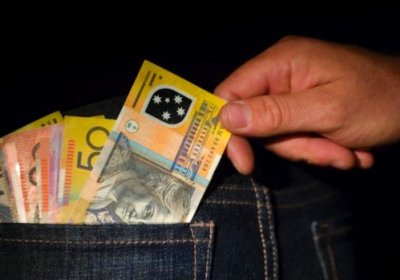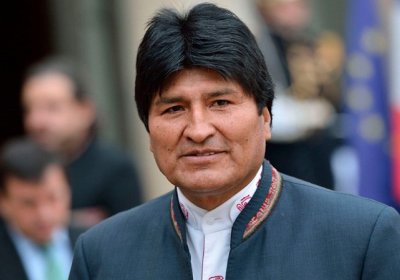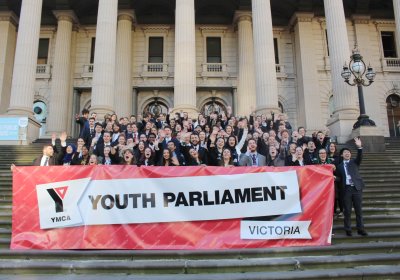Infamous right-wing ideologue Andrew Bolt penned a "column of shame" about Venezuela in the Murdoch media on July 13. The column is a clear example of what might be dubbed "Bolt's Law": anything he writes is the opposite of the truth unless proved otherwise.
1146
I can understand Brian Boyd’s frustration concerning the Superannuation Guarantee Scheme (SGS) in “Superannuation: A Generation Betrayed” (Green Left Weekly #1144 and #1145). The original promise was short on delivery.
He is right to point out the inequity that existed in providing superannuation for workers prior to 1992.
Unions NSW: Wage theft the new business model
A Unions NSW report Lighting up the black market: Enforcing minimum wages, released on July 17, found 80% of a sample of online job advertisements in Korean, Chinese and Spanish publications around the country paid below award rates.
If there is one thing to be wished for, it is “humanity”, the most vital and forgotten word.
Humanity had already died before the time of the Crusades. Humanity had already died before the Thirty Years’ War. Humanity had already died before Hitler proclaimed: “Winners are not judged. Nobody ever checks whether they lied or not”.
The first-ever major report looking into the secretive workings of the Big Four accountancy firms that assist individuals and companies to evade taxes has been released by members of European Parliament from the European United Left-Nordic Green Left (GUE/NGL) who sit on the European Parliament’s Panama Papers inquiry committee.
The study analyses the size, scope and location of the activities of the Big Four accounting firms. Its findings include that these firms are heavily over-represented in tax havens when compared with the population size and GDP, where they make exceptional profits.
Bolivian President Evo Morales has rejected the United States economic blockade imposed on Cuba, as well as President Donald Trump’s decision to backtrack on the normalisation of diplomatic relations with Havana.
In a public letter sent to his Cuban counterpart Raul Castro, Morales repeated his nation’s “unconditional support and solidarity” with the Cuban Revolution and the “most heroic people of the continent”.
There is no genuine reason why Australia cannot have 100% renewable electricity in less than a decade, at sharply reduced prices.
In May a vice-president of Sempra Energy, one of the largest utility firms in the US, caused a stir by stating flatly that there was no longer any technical obstacle to powering California with 100% renewables.
The article below is based on a talk by Felipe Stuart Courneyeur to the Canada-wide convention of the Canadian Network on Cuba, in Toronto in June.
Courneyeur has dual Nicaraguan-Canadian nationality; he divides his time between the two countries. He is an active member of the Sandinista National Liberation Front (FSLN). The article is abridged from johnriddell.wordpress.com.
The rise to power of India’s prime minister, Narendra Modi, has been built on a paradigm of development and anti-corruption that has enabled him to develop sustained electoral support among the Indian middle classes and rehabilitate his image as a statesman on the international stage.
But the neoliberal model of development that Modi represents is one that comes at great cost in terms of economic inequality and basic civil rights.
The rise to power of India’s prime minister, Narendra Modi, has been built on a paradigm of development and anti-corruption that has enabled him to develop sustained electoral support among the Indian middle classes and rehabilitate his image as a statesman on the international stage.
But the neoliberal model of development that Modi represents is one that comes at great cost in terms of economic inequality and basic civil rights.
Venezuela’s government and opposition both claimed millions voted in rival symbolic elections on July 16.
Meanwhile, the US has responded to the opposition vote, with President Donald Trump describing the unofficial referendum as an example of “democracy, freedom, and rule of law” in a White House statement on July 17.
One hundred and twenty young people between the ages of 16 and 25 from around Victoria made their way to Parliament House in the first week of July for the YMCA Youth Parliament program. Spending up to four months preparing their bills, students in 20 teams of six presented and debated the issues most important to them. After debating each bill for an hour, each student was allowed a conscience vote.
The 20 bills presented by the Youth Parliament were mostly progressive responses to social issues, with a quarter having an environmental focus.
- Previous page
- Page 3
- Next page










